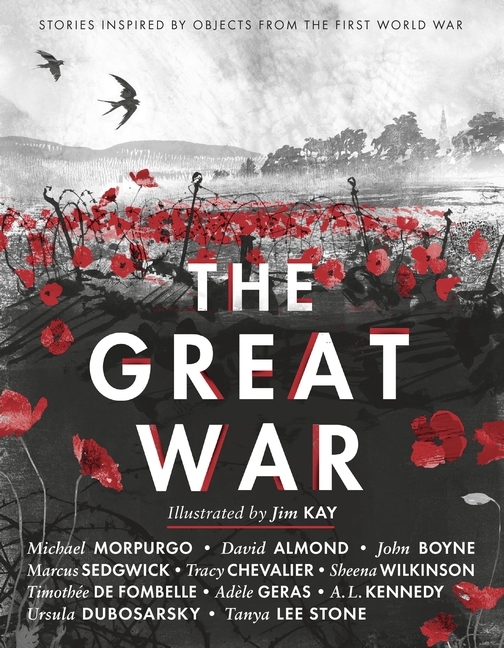What do you think?
Rate this book


304 pages, Paperback
First published July 3, 2014
World War I, known at the time as the Great War, was the most destructive conflict the world had ever seen. Sixteen million people lost their lives, twenty million were wounded, and millions more were left homeless and starving.The Great War began July 28th, 1914 when the Archduke of the Austro-Hungarian Empire was assassinated in Sarajevo. This short story collection is based on artifacts from that war i.e. a Brodie helmet, a compass, the nose of a Zeppelin bomb, a recruitment poster, Princess Mary’s gift fund box, a butter dish, and more. Each contributing author reveals the human connection hidden behind each of the innate objects.
"Remember it if you will, and if you will, remember it how you want. But don’t call it glory, " p. 67.What Fizzled: The biggest fizzle for me was the overall mood. These are war stories and they’re depressing, because they are not cold facts about infantry advancements or cities occupied. Each object is tied to a person or persons and what you learn about is their hope, heartbreak, anger, and fears.